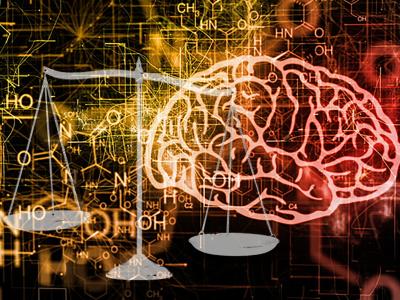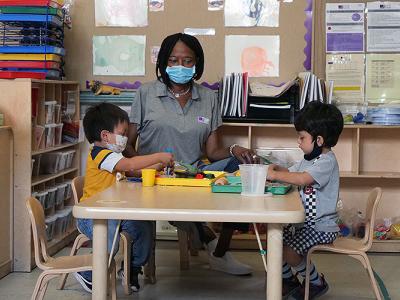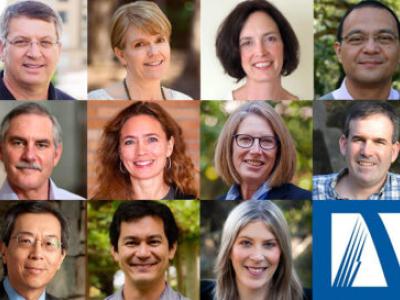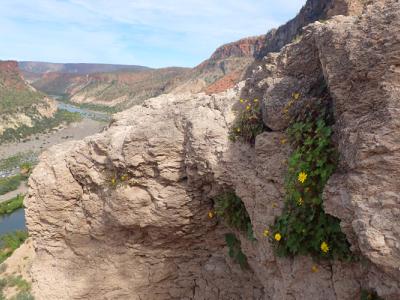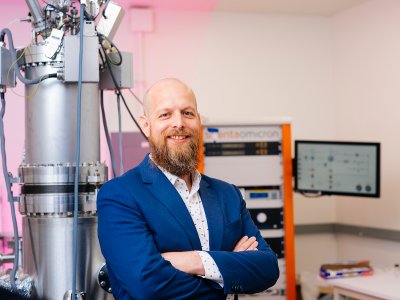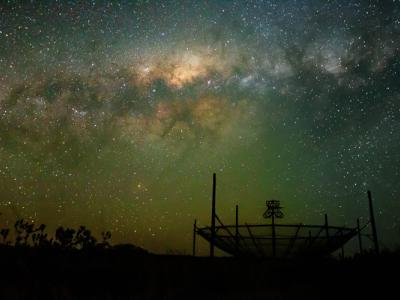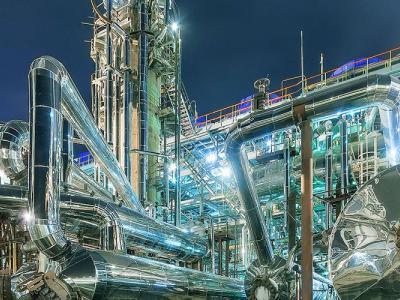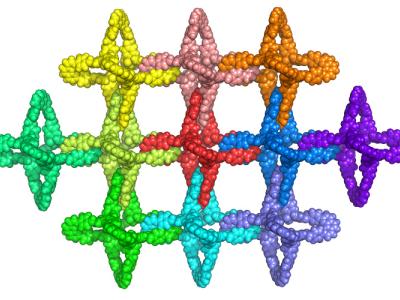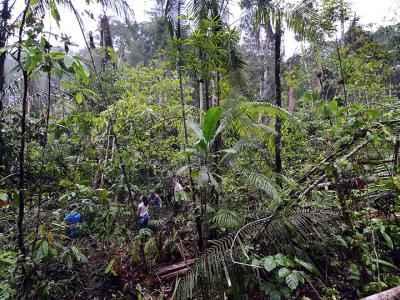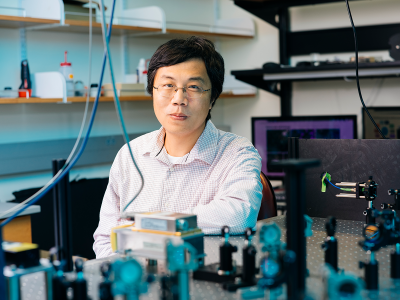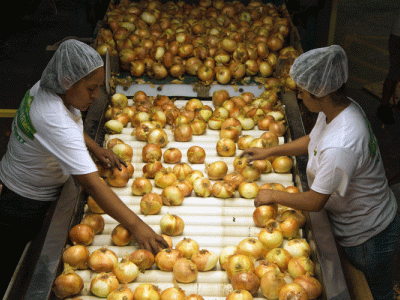The CITRIS principal investigator and assistant professor of mechanical engineering takes inspiration from nature and uses machine learning to create more efficient materials.
Research News
Learn more about UC Berkeley's researchers and innovators.
Showing 625 - 640 of 3512 Results
In trademark law cases, scientist at UC Berkeley propose using brain scans rather than opinion to assess brand similarity.
Streets discussed why he started the symposium, which aims to increase the diversity and quality of applicant pools for quantitative biological and biomedical sciences faculty roles, and its impact in the San Francisco Bay Area.
The Center for the Study of Child Care Employment (CSCCE) at UC Berkeley has been selected to help lead a major new federal project that will explore how to strengthen the U.S. child care system by improving conditions for its workforce.
Eleven UC Berkeley faculty members have been elected lifetime fellows of the American Association for the Advancement of Science (AAAS).
Researcher Isaac Lichter-Marck is the first to provide evidence to resolve a long-standing evolutionary debate: Did iconic desert plants adapt to arid conditions only after they invaded deserts? Or did they come preadapted to the stresses of desert living?
Felix Fischer, a 2022 Heising-Simons Faculty Fellow, uses his organic chemistry background to build materials for next-generation computers, sensors and communications platforms.
Policy reforms in response to previous police killings have not gone far enough, says UC Berkeley African American Studies Professor Nikki Jones.
The Hydrogen Epoch of Reionization Array (HERA) team reports that it has doubled the sensitivity of the most sensitive radio telescope in the world.
University of California, Berkeley, chemists have taken a big step toward making ammonia production more environmentally friendly.
Chemists have created a new type of material from interlocking molecules that for the first time allows the synthesis of extensive 2D or 3D structures.
A new study connecting extreme thunderstorms and tree deaths suggests the tropics will see more major blowdown events in a warming world.
Ke Xu, a 2021 Heising-Simons Faculty Fellow, develops new ways to see the tiniest and fastest processes inside living cells.
ChatGPT is changing the ways teachers educate students, scientists trust research and journalists report the news. It passed the U.S. Medical Licensing Exam and an exam to receive a business master’s degree.
A new study found that young Black men with no college education earn barely half of what their Asian American and white counterparts make. Latinx, Asian and Black women lag even further.
A new book looks at a false belief that species are uniquely real, and that some species, namely humans, are superior to others.


